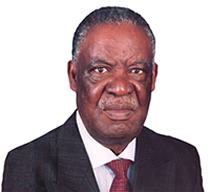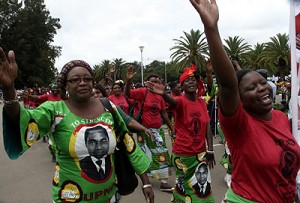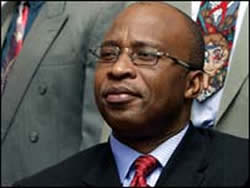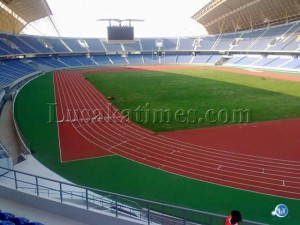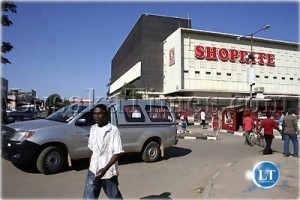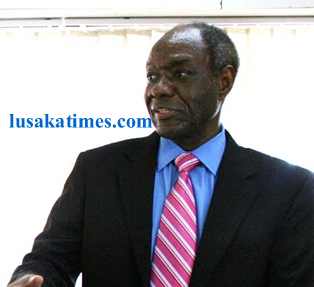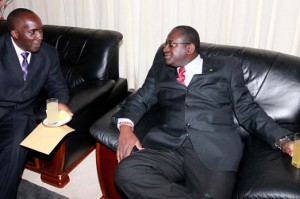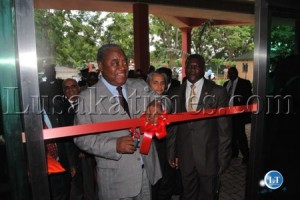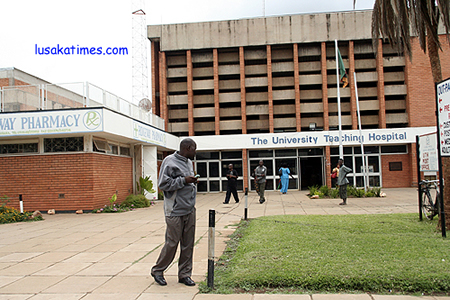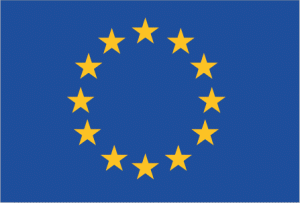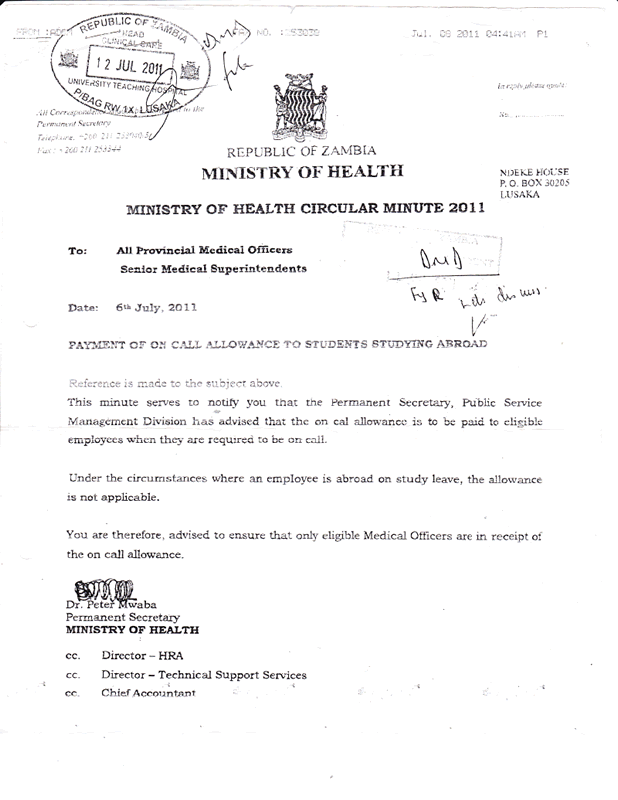
Dear Editor,
I would be grateful if you provided me the opportunity to be heard on your forum. As you may perceive from the (PDF) document accompanying this message, I do not speak for myself, but for a group – a group of medical doctors who have sacrificed time away from family for the sake of furthering their careers and gaining skills to better the quality of service delivered to all Zambians; a group whose families back in Zambia have been taken to the edge of desperation by the thoughtless action of the (at the pertinent time) Permanent Secretary at Public Service Management Division (PSMD).
The community of Zambian medical doctors has collectively fought long and sometimes bitter battles to improve conditions of service purely in the interest of being better able to deliver their very best to the community.
The casualties of these battles are not the Zambian doctors scattered in Botswana, Namibia and in every part of the world, but the Zambian tax payer who paid for the at least 7 long years of training that other countries receive on a silver plate every time a Zambian trained doctor is employed away from Zambia. [pullquote]The simplified version of this is that we are so petty and too busy engaged in squabbles about how large the ego of a permanent secretary should be that we forget that the currency we are dealing with is human life not US dollars or Kwachas.[/pullquote]
One of the major hurdles we encountered along the way was (and still is) the government ceiling of no other civil servant being able to exceed the salary scale of (not so) permanent secretaries.
The medical doctors on-call allowance initially worked on number of hours clocked attending to patients whilst on call.
The pattern of work done from on-call records over many years demonstrated the need to have a uniform or flat rate according to the level of proficiency.
The cardinal point is that on-call allowance primarily serves to improve doctors conditions of service above the clearly ridiculous and outdated policy that makes permanent secretary conditions of service the salary scale limit.
The doctors in management positions at Ministry of Health Ndeke House or in management positions all over the country may not (and in many cases do not) attend to calls (as in actually attending to patients at odd hours), but are also recipients of this call allowance based on this very same principle. It is for this very reason that the removal of on-call allowance for doctors on study leave as directed in the accompanying letter is (without mincing words) criminal.
This directive will not make Zambian doctors studying abroad want to come back home, but has the boomerang effect of raising resentment for an action that ultimately penalises innocent families back home by denying them much needed income and makes us more determined to get our suffering families out of Zambia.
In summary, what is called medical doctors on-call allowance is effectively part of a medical doctors’ salary and it is malicious, illegal and fundamentally immoral to deny us this without prior warning and without negotiations with our representatives.
The PS PSMD at the time may not have been privy to this aspect or fundamental nature of so called on-call allowance and I am sure that if this was explained to him or her, the (mis)directive would never have been issued.
The other possibility is that they were fully aware of the nature of medical doctors on-call allowance and had either a fit of malice (knowing they wouldn’t be re-appointed) or a directive from an election campaign team to beef up the brown envelopes.
I am therefore appealing to you Mr Peter Lesa Kasanda, PS at PSMD to review this (mis)directive and institute the necessary investigations that reversed and negated decades of hard fought conditions of service battle ground in less time than it takes to say “bwafya”. If, Mr Kasanda, you determine that government is still within its rights to deny us part of our salary, I hope that this will be effected in all future contracts of medical doctors going on study leave so that they know well in advance what will take place and thus prepare themselves mentally and financially (and are able to make an informed decision about whether to go on study leave or not) instead of it coming as a sudden shock to their dependants and families.
Many Zambians have false pictures and illusions about what life on a student’s allowance abroad amounts too. It is even harder when that barely enough student allowance has to be stretched to care for family back home and the neighbours in your country of study are not neighbourly enough to go and ask for some salt or sugar.
I was privileged to be an intern at Ndola Central Hospital when our now national President Mr. Michael Sata came and addressed us as we staged a go-slow (which I am not so proud of). We (however) had our then miserable salary of a junior doctor raised from fifty thousand kwacha (K50,000) to two hundred and fifty thousand kwacha (K250,000). I therefore have every confidence that this error will be sorted out with the same speed it was effected.
It is my sincere hope that (in the medium rather than the long term) the mischievous policy that prevents highly skilled Zambian trained labour worth billions of US dollars on the global labour market (and whose value in terms of Zambian lives lost no one appears to care about) from rising above the monetary and material precincts of a glorified party cadre (permanent secretary) is scrapped away with the contempt it rightly deserves.
The simplified version of this is that we are so petty and too busy engaged in squabbles about how large the ego of a permanent secretary should be that we forget that the currency we are dealing with is human life not US dollars or Kwachas. One other alternative would be to eventually detach medical doctors from the civil service with conditions peculiar to their profession and have this detachment enshrined somewhere in the constitution – the constitution protects human life and rights thereof and medical doctors spend their entire career protecting this life. It therefore seems fairly logical that we of all professions should have more than a mere foot in the constitutional door (as always some smarty pants will read this as my ego).
I must acknowledge the efforts of my colleagues in medical leadership who over the years have committed many hours outside their normal hours to negotiate our collective conditions of service. I have no doubts also that as the First Lady, Dr. Kaseba, is numbered amongst us, the dim light at the end of the tunnel that our most needy patients see will steadily grow brighter.
Yours in national service,
Seriously pissed off Medical doctor on study leave.
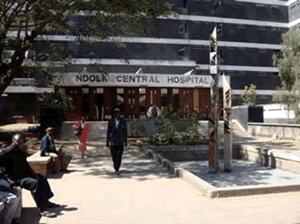 COPPERBELT Minister John Kufuna has said there is need to expand the capacity of the Ndola Central hospital (NCH) Mortuary to end instances of some bodies not being refrigerated.
COPPERBELT Minister John Kufuna has said there is need to expand the capacity of the Ndola Central hospital (NCH) Mortuary to end instances of some bodies not being refrigerated.

